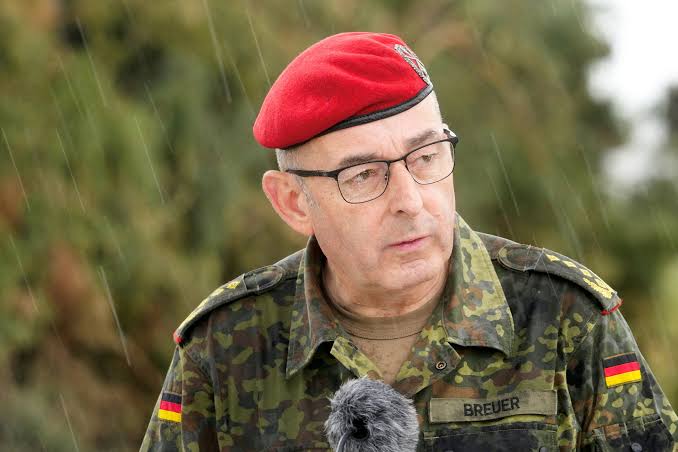The UK will recognise the state of Palestine in September, Keir Starmer has announced – but only if Israel fails to satisfy a number of conditions.
His decision came after a meeting with the cabinet this afternoon, and ahead of a speech by Foreign Secretary David Lammy at the UN in New York.
Starmer said official recognition from the UK would come before the United Nations General Assembly in two months time if ‘substantive steps’ were not taken by the Israeli government.
They include moving to end the ‘appalling situation in Gaza’, agreeing to a ceasefire, and committing to a ‘long-term sustainable peace’ which would lead to a two-state solution.
It would also involve allowing UN workers into Gaza to distribute aid and ‘making clear that there will be no annexations in the West Bank’.
The Prime MInister said: ‘Meanwhile, our message to the terrorists of Hamas is unchanged but unequivocal: they must immediately release all of the hostages, sign up to a ceasefire, disarm and accept that they will play no part in the government of Gaza.
‘And we’ll make an assessment in September on how far the parties have met these steps, but no one should have a veto over our decision.
‘So this is the way forward.’
The move comes after Starmer came under intense pressure to recognise Palestinian statehood from top Labour figures including Sadiq Khan and some top figures in his cabinet.
They reportedly included Deputy PM Angela Rayner, Home Secretary Yvette Cooper and Health Secretary Wes Streeting.
More than a third of MPs in the House of Commons have also signed a letter to the Prime Minister calling for recognition.
What does recognising Palestine as a state mean?
In 1949, a year after it declared independence, the UN admitted Israel as a member.
It was not until 1988 that Palestinian statehood was recognised by any UN member states, after the Palestinian National Council formally declared independence.
Today, 147 of the UN’s 193 member states recognise Palestine, including the vast majority of the countries in Asia, Africa and South America.
The UK, US, Canada, Germany, Japan, Australia and New Zealand are among the nations that do not.
For several British governments, both Labour and Conservative, the position has remained the same: recognition would wait until it was deemed most appropriate for the peace process.
Israel has argued that making the move at the moment would mean rewarding Hamas for the deadly terror attack on October 7 2023.
But countries in support of recognition say it is a clear step towards the two-state solution that would consider Israel and Palestine as sovereign countries on equal terms.
Got a story? Get in touch with our news team by emailing us at webnews@metro.co.uk. Or you can submit your videos and pictures here.
For more stories like this, check our news page.
Follow Metro.co.uk on Twitter and Facebook for the latest news updates. You can now also get Metro.co.uk articles sent straight to your device. Sign up for our daily push alerts here.




